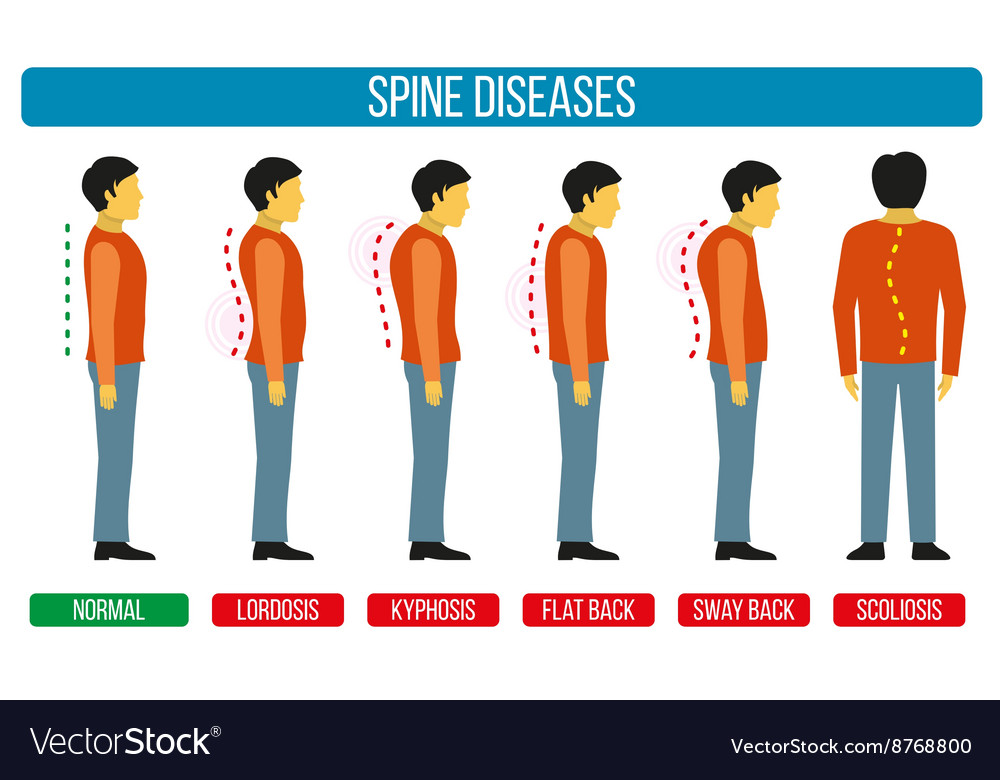Nourishment And Its Significance In Pain In The Back Control: Foods To Support And Foods To Avoid
Nourishment And Its Significance In Pain In The Back Control: Foods To Support And Foods To Avoid
Blog Article
visit the next post -Whitley Guldborg
When it involves managing your neck and back pain, the food options you make can considerably impact exactly how you feel on a daily basis. Envision being able to alleviate your pain just by readjusting what you consume. By recognizing the role of nutrition in pain in the back monitoring and recognizing which foods to incorporate or stay away from, you can take positive steps towards a healthier and a lot more comfy way of living. The link between nutrition and back wellness is extra profound than you might understand-- let's discover just how certain foods can either soothe or intensify your pain in the back.
Value of Nourishment in Pain In The Back
Nourishment plays a crucial duty in handling neck and back pain. Your diet can significantly influence inflammation degrees and general discomfort levels in your back. Eating a balanced diet abundant in nutrients like vitamins D and K, calcium, magnesium, and omega-3 fats can help in reducing inflammation and strengthen bones, which are necessary for back wellness.
Furthermore, maintaining a healthy and balanced weight through appropriate nutrition can reduce tension on your spinal column, decreasing the danger of back pain.
In addition, particular nutrients like anti-oxidants found in vegetables and fruits can help combat oxidative tension and promote recovery in the body, consisting of the back muscular tissues and spine.
On the other hand, consuming extreme quantities of refined foods, sugary beverages, and undesirable fats can contribute to inflammation and weight gain, intensifying back pain.
Foods to Eat for Back Health
To sustain a healthy back, integrating nutrient-rich foods into your everyday dishes is vital. Consisting of waist pain in antioxidants like berries, spinach, and kale can help reduce inflammation in your back, easing discomfort and discomfort. Omega-3 fats located in fatty fish such as salmon and mackerel have anti-inflammatory properties that can benefit your back health.
In addition, taking in nuts and seeds like almonds, walnuts, and chia seeds gives essential nutrients like magnesium and vitamin E, which sustain muscle mass feature and reduce oxidative stress and anxiety. Including lean healthy proteins such as poultry, turkey, and tofu can aid in muscle mass repair and upkeep, promoting a solid back.
Don't neglect to consist of milk or fortified plant-based options for calcium to sustain bone wellness. Finally, moisten with a lot of water to maintain your back discs moisturized and functioning optimally. By including these nutrient-dense foods in your diet regimen, you can nourish your back and support overall spine health.
Foods to Stay Clear Of for Pain In The Back
Select preventing processed foods high in added sugars and trans fats when looking for relief from pain in the back. These sorts of foods can contribute to inflammation in the body, which might aggravate neck and back pain. Say no to sweet treats sweet, pastries, and sweet beverages, in addition to junk food products like burgers, fries, and fried hen that are commonly filled with trans fats.
In addition, steer clear of foods consisting of high degrees of polished carbs, such as white bread, pasta, and breads, as they can spike blood sugar level levels and possibly intensify swelling in the body.
It's additionally important to limit your intake of foods high in saturated fats, like red meat and full-fat dairy products, as they can add to inflammation. Processed visit this page like delicatessens meats, chips, and packaged treats are commonly high in saturated fats and must be consumed in moderation.
https://knoxwpiat.newsbloger.com/32706888/chiropractic-care-look-after-family-members-benefits-for-all-ages
To conclude, taking note of your diet regimen and making wise food selections can have a significant impact on managing pain in the back. By incorporating nutrient-rich foods like berries, fatty fish, nuts, and lean healthy proteins, and staying clear of refined and sweet products, you can help in reducing inflammation and support on the whole back health and wellness. Keep in mind, what you consume plays a crucial function in how you feel, so ensure to prioritize your nourishment for a much healthier back.
